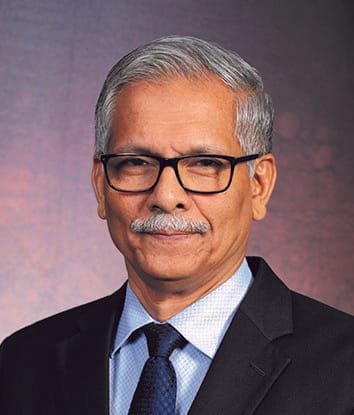Trust was acting as agent
Recently, the Chandigarh Bench of the Income Tax Appellate Tribunal (Tribunal) upheld1the denial of registration under section 12AA2of the Income Tax Act, 1961 (ITA) to M/s Jiwan Dass Kartar Singh Charitable Trust (Trust) which was acting as a franchisee of Zee Learn Limited (Zee Learn) for their Kid Zee pre-school.
(Reproduced from Nishith Desai Associates’ 30 May 2019 Bulletin).
Under the ITA3, the income of institution generated from and applied towards a charitable purpose (as defined under section 2(15)4of the ITA) is exempt from income tax. However, a registration under section 12AA is a pre-requisite for an institution to be regarded as a charitable institution.
The denial of registration in the instant case was on the ground that the trust, through established with charitable objects, was used to run a franchise for earning profits. As there was no intent of imparting education to public at large and no charitable activity being carried out in actuality, the registration denial was upheld.
FACTS & BACKGROUND
The Trust, whose stated object in the trust deed was the promotion of education through the establishment of educational institutions, with special emphasis on the poorer section of society, had entered into a franchise agreement (Franchise Agreement) with Zee Learn to set up a school.
It applied to the tax authorities for a registration under section 12AA, which registration was denied on the following grounds:
The essence of charity was negated by the fact that the Trust was acting as a mere agent, promoting Zee Learn’s business on a commercial basis on the terms and conditions set by Zee Learn for its own benefit;
Under the Franchise Agreement, the fee structure etc., was aligned to maximize the profits;
Zee Learn’s overarching control over the operations severely limited the ability of the Trust to pursue charitable activities independently, including giving discounts or credits to needy students;
The entries in the P&L account of the Trust failed to evidence that any of the charitable objects of the Trust enumerated in its trust deed had actually been carried out;
Control of the Trust lay with a single family, and the lack of representation from other sections did little to impart the character of an entity amenable to public charity.
RULING
Upholding the denial of registration, the Tribunal found that the Trust was not engaged in any of the charitable objects set out in the trust deed.
Relying on rulings of its Chennai Bench and the Uttaranchal High Court, the Tribunal interpreted the definition of “charitable purpose” to mean that while charitable institutions may collect fees and service charges, they may not charge fees, etc., at commercial rates uniformly without exception for the needy. Doing so would dilute the presence of real charity.
In this case, the Tribunal found that object of the Trust was to establish a number of educational institutions under a brand name and run them on commercial lines, which could not be regarded as charitable activity.
Infact the Tribunal further went on to explain that merely writing aims and objectives as charitable in nature in the trust deed doesn’t entitle a trust to be charitable per se.
It has to be proved beyond doubt that the activities of the trust are charitable in nature and genuine. There should be some evidence to satisfy the authorities concerned before granting the registration under section 12AA of the ITA.
In the Tribunal’s opinion, the Trust was running with a primary objective of earning the profits and hence registration under Section 12AA of ITA was denied.
ANALYSIS & CONCLUSION
While section 2(15) provides that an institution set up for ‘the advancement of any other object of general public utility’ will cease to be a charitable purpose if it involves any trade, commerce or business, a plain reading of the proviso shows that this requirement is linked only to the residuary category, i.e., general public utility and not the first six categories.6Therefore, the benefits of sections 11 to 13A should not be denied to institutions and organizations falling within such categories merely because they carry on an activity generating profit.
However, the tax authorities often tend to take a contrary stand and if any organization indulges in the slightest trace of any commercial activity, the tax authorities seek to deny it registration under 12AA.
The present ruling is diametrically opposite to a ruling in Merita Welfare Trust v. CIT, where, on very similar facts, and relying on a ruling of the Supreme Court of India, the Delhi Bench of the Tribunal gave precedence to the trust deed over the franchise agreement and ruled that the conditions of the franchiser under the franchisor agreement cannot be a ground to assume that the income of the trust will not be applied for educational activity which is charitable activity u/s 2(15) of the ITA or objects of the trust. -/fiinews.com










